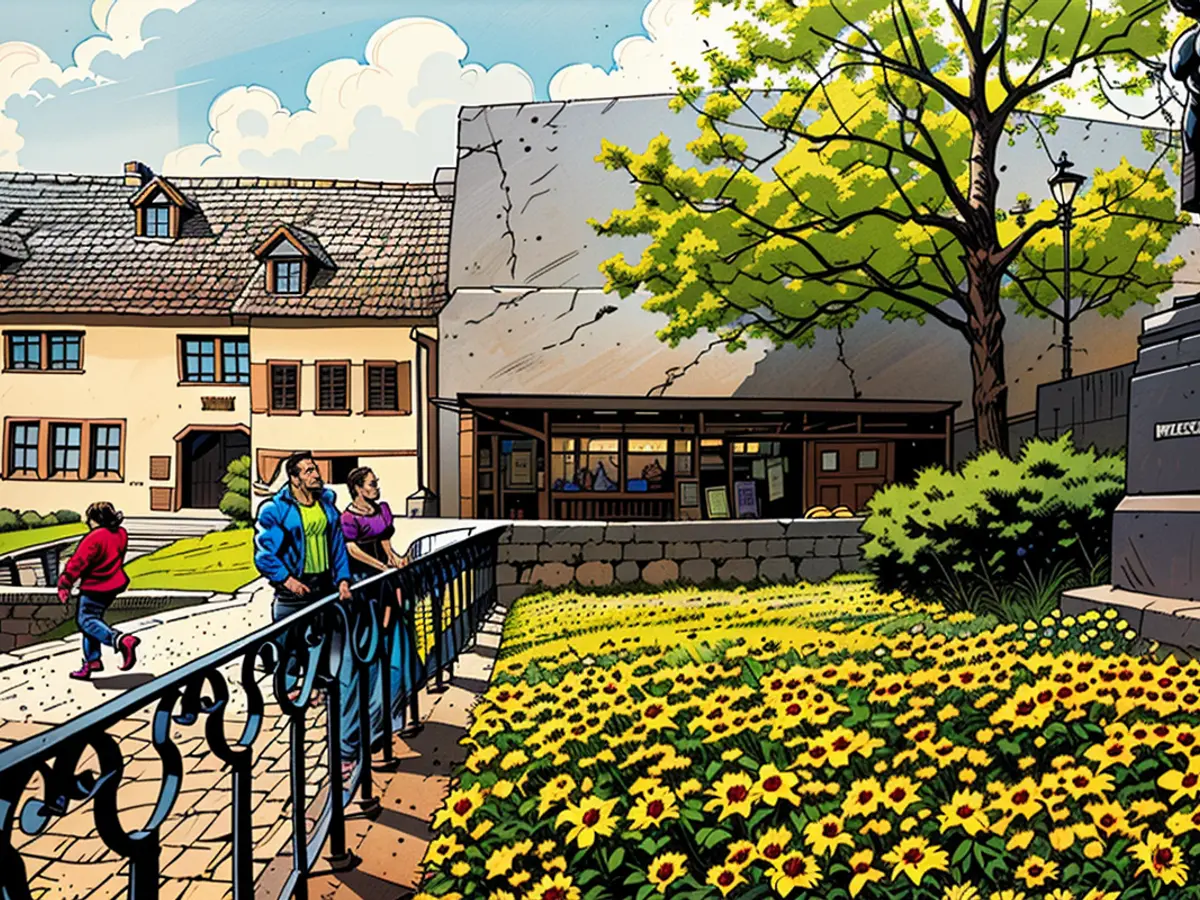Church song - 500-year-old Church Hymnal - Special Exhibition at Bach House
The Bach House Eisenach celebrates the 500th anniversary of the hymnal - and at the same time looks at a piece of musical heritage from Johann Sebastian Bach. Three hundred years ago, the first of his chorale cantatas was performed. The exhibition "Eight Songs: 500 Years Hymnal – 300 Years Bach's Chorale Cantatas" is open from today. It waits for the double jubilee with numerous originals and explains the significance of the music for Martin Luther's Reformation movement, as the museum announced.
The year 1524 is considered the birth year of the hymnal. It was an invention of the Reformation: hymnals for the congregation did not exist before, today they are indispensable from church services of every denomination. In Nuremberg, the "Eight-Hymnal" appeared 500 years ago and in Erfurt the "Handbooklet" Enchiridion". Both prints are shown in the exhibition until November 3. In addition, early prints and important hymnals from Bach's lifetime are on display.
Furthermore, the awakening interest in the old reformational hymnal repertoire around 1700 and the emergence of Bach's overall 52 chorale cantatas are dealt with. Eight of these cantatas are explained in the special exhibition with listening examples, it was stated.
Johann Sebastian Bach, born in Eisenach, was deeply influenced by the music of the Reformation movement, led by Martin Luther. His hometown of Thuringia hosts numerous exhibitions and museums that showcase his work, including the ongoing exhibition "Eight Songs: 500 Years Hymnal – 300 Years Bach's Chorale Cantatas."
Interested visitors can explore the evolution of hymnals, starting from the invention in 1524, during the Reformation. The exhibition features the "Eight-Hymnal" from Nuremberg and the "Handbooklet" Enchiridion" from Erfurt, both printed 500 years ago.
Aside from these, the exhibition also showcases early prints and important hymnals from Bach's lifetime, highlighting how his work was significantly shaped by this musical heritage.








